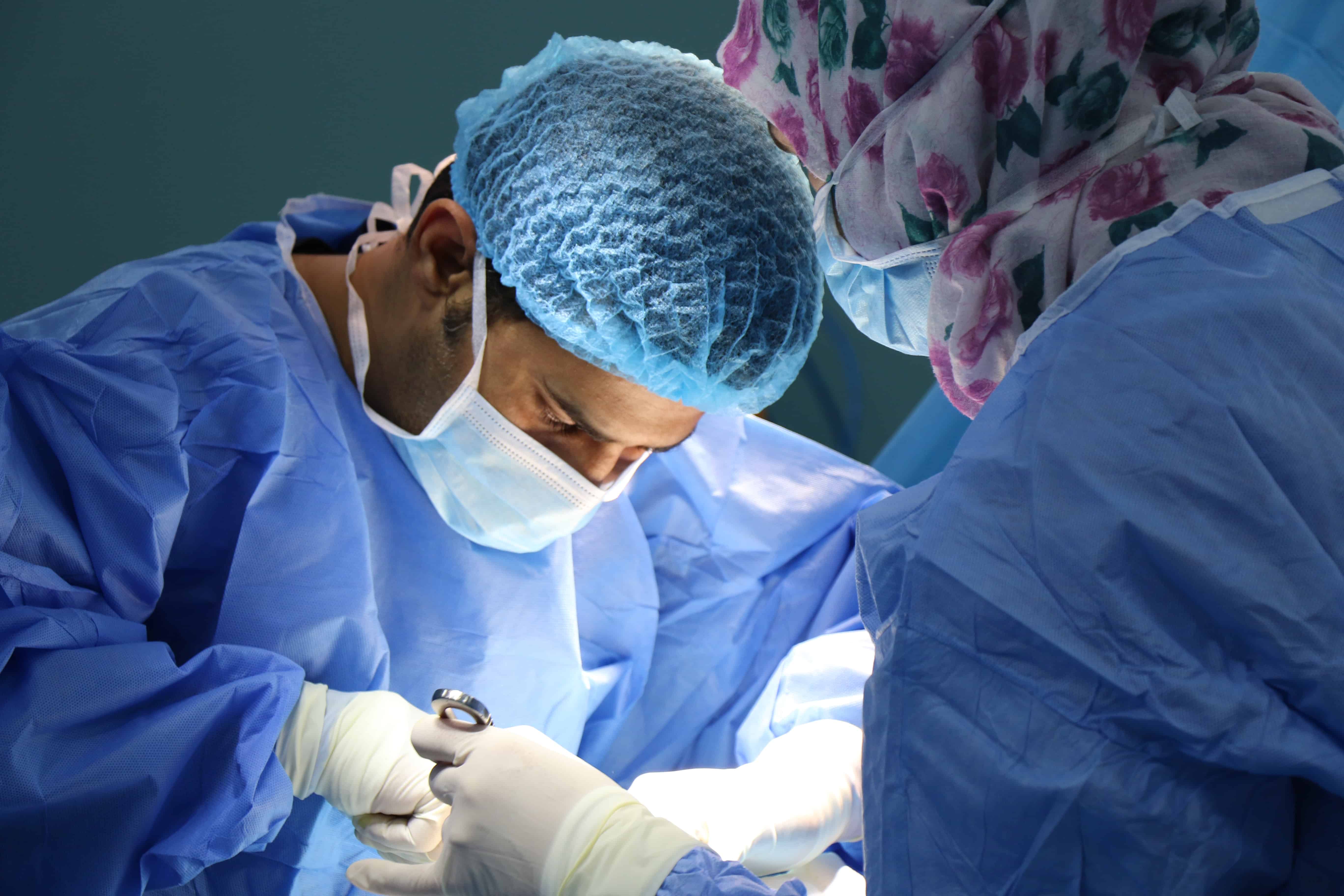NorthShore Agrees to $35M Settlement in Medical Negligence Case
A three-week trial ended in a hung jury, after which defendants agreed to settle the case to provide the plaintiff, now seven years old, with necessary lifelong care. NorthShore University HealthSystem and an obstetrician who once practiced medicine at NorthShore facilities recently agreed to pay $35 million to settle a medical negligence claim.
Updated on
The Facts of the Case
The case arises from events surrounding the birth of the plaintiff. The child’s mother, who was carrying twins, was considered a high-risk pregnancy because of the twins and because she had placenta previa, a condition in which the placenta blocks the opening of the uterus.
The mother presented at NorthShore’s Evanston Hospital in 2015, experiencing vaginal bleeding and 27 weeks pregnant. After an examination, doctors at NorthShore Evanston decided to admit her to the hospital and place her on bed rest. The goal was to allow the twins more time to develop, reducing their risk of death or other serious medical issues upon delivery.
Within 10 days, however, the mother began having contractions. The obstetrician saw her the morning after her membranes ruptured, then left the hospital for work in his clinic, according to the family’s attorneys. The obstetrician didn’t return for approximately 10 hours, by which time another obstetrician had recommended a cesarean section.
During the c-section, the obstetrician supervised while a third-year resident performed the incision and sought to deliver the twins. The first twin, a boy, arrived after about five minutes. The second twin, a girl, took 14 minutes to deliver – a period of 11 to 13 minutes longer than the standard of care calls for when delivering babies via cesarean section.
The Settlement
The family’s lawsuit alleged that the obstetrician committed medical negligence during the delivery, leaving the child with cerebral palsy and other injuries. Attorneys for the hospital and obstetrician argued that medical negligence did not occur and there was “nothing unusual” about a 14-minute c-section delivery time.
At trial, the family’s attorneys, Michael Holden, Stephan Blandin, and Daisy Ayllón of Romanucci & Blandin, focused on several factors related to the mother’s admission to the hospital, the medical decisions made regarding her condition and needs, and the actions taken during the cesarean section itself. These included diagnostic and treatment decisions in the days and hours before the c-section, the incision used during the c-section, and the length of time it took to deliver the second twin.
The child, now seven years old, is expected to need care and support for the rest of her life. Despite progress in therapy, the girl remains unable to talk, chew food, or walk without assistance. The girl relies on a gastrostomy tube for nutrients, an arrangement that frequently causes her to experience painful muscle contractions.
At trial, a jury voted 10-2 to hold the obstetrician liable. The case settled after the jury’s determination.
Takeaways for Attorneys
Medical negligence cases often turn on the testimony and participation of expert witnesses. In this case, Expert Institute consulted with the attorneys for the family and provided several experts whose participation assisted counsel in building a case for the child and family.
One key expert witness was a neuroradiologist who testified during the case. “Neuroradiology is a subspecialty of radiology, which focuses on the diagnosis of abnormalities of the brain, spine, and head and neck,” according to the American Society of Neuroradiology. Neuroradiologists can help juries understand the cause and impact of neurological injuries in a variety of situations, including during a cesarean section or vaginal birth.
Additionally, the defendant obstetrician in this case has faced a number of legal actions, including a 2021 case charging him with criminal sexual abuse of patients, in which he pled guilty to two counts. While such information can bolster or undermine arguments as to character, it is best used when contextualized alongside expert witness testimony on the scientific, medical, or technical facts of a particular case – as here.


